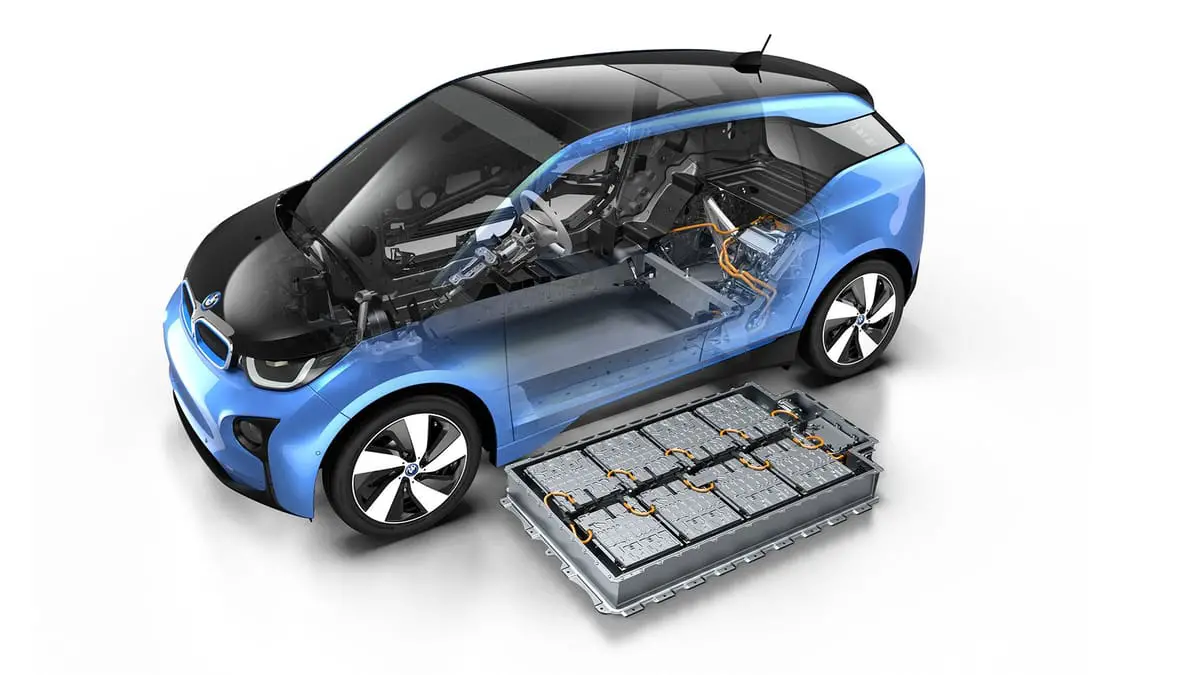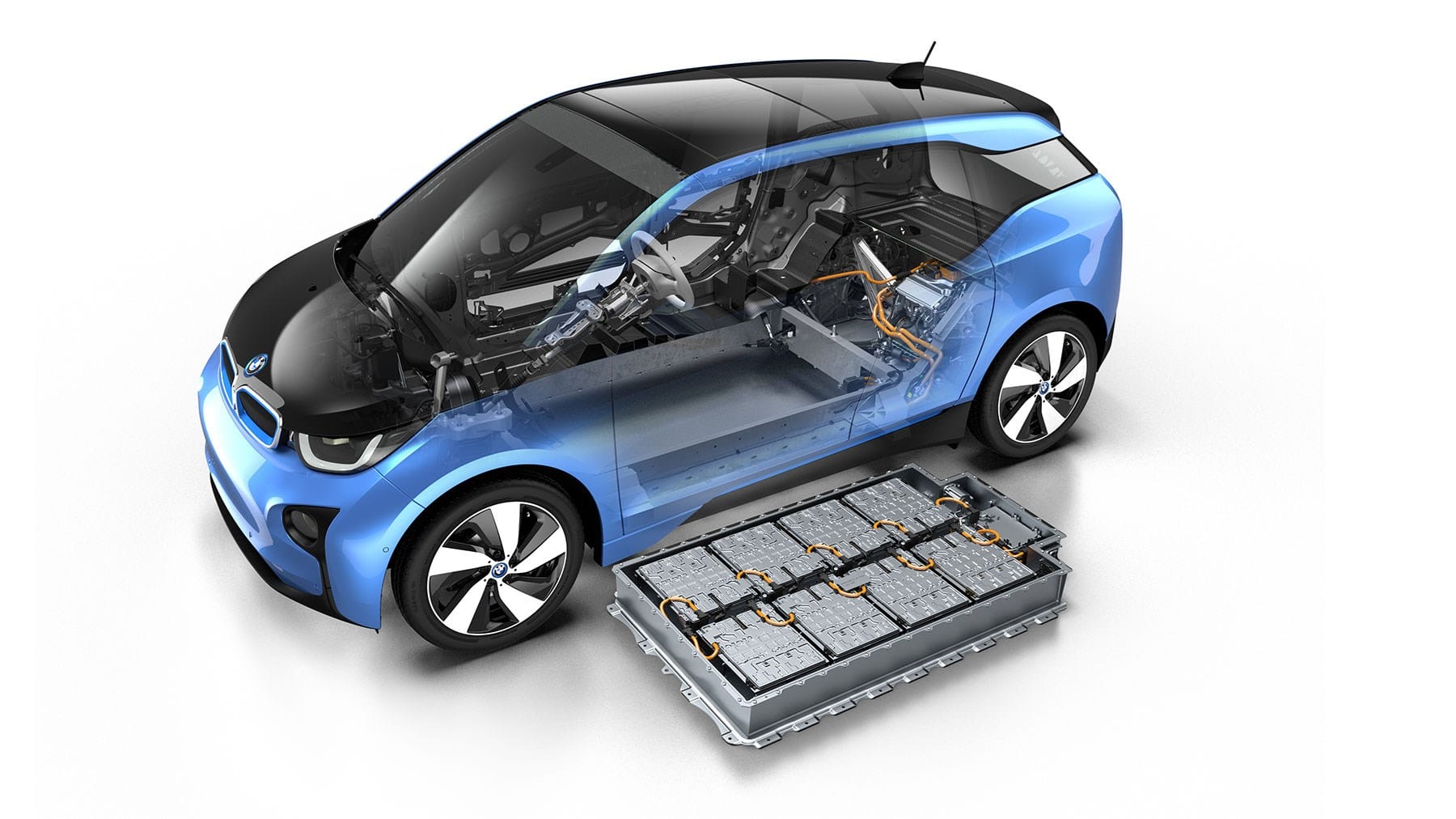Revolutionary Battery Breakthrough Propels Electric Car Range with Ingenious Hack.
In the realm of sustainable transportation, electric vehicles (EVs) have long been hailed as the beacon of hope for a greener future. Yet, a persistent challenge has plagued their widespread adoption: limited battery range.


In the realm of sustainable transportation, electric vehicles (EVs) have long been hailed as the beacon of hope for a greener future. Yet, a persistent challenge has plagued their widespread adoption: limited battery range.
However, a recent breakthrough in battery technology promises to shatter these limitations, ushering in a new era of extended travel distances on a single charge.
What's more intriguing is that this breakthrough comes not from a complex engineering marvel, but from a surprisingly simple hack.
Traditional lithium-ion batteries, the backbone of most electric vehicles, have certainly improved over the years, but their energy density—how much energy they can store per unit volume or weight—has remained a bottleneck.
Engineers and researchers have been tirelessly seeking ways to boost this energy density without compromising safety or affordability.
Now, a team of innovative minds seems to have cracked the code, and the solution lies in an unexpected place: the humble salt.
The breakthrough discovery centers around a novel electrolyte solution infused with salt.
This electrolyte, when incorporated into lithium-ion batteries, exhibits remarkable properties that significantly enhance their energy density.
The secret lies in the salt's ability to form a stable interface between the battery's electrodes and the electrolyte.
This stable interface reduces unwanted side reactions, thereby improving the battery's efficiency and longevity.
What makes this breakthrough truly groundbreaking is its simplicity.
Unlike previous attempts to enhance battery performance, which often involved complex chemical compositions or expensive manufacturing processes, this salt-infused electrolyte can be seamlessly integrated into existing battery production lines with minimal modifications.
This means that the technology could potentially be scaled up rapidly and implemented across a wide range of electric vehicles, without requiring extensive retooling or investment.
The implications of this battery breakthrough are nothing short of revolutionary, particularly for the electric car market.
With the adoption of salt-infused electrolytes, EV manufacturers can offer vehicles with significantly extended range on a single charge, alleviating one of the primary concerns among consumers.
Imagine being able to embark on long road trips without constantly worrying about finding the next charging station or experiencing range anxiety.
This newfound freedom could accelerate the transition toward electric mobility and ultimately help reduce our dependence on fossil fuels.
Moreover, the benefits of this breakthrough extend beyond the realm of electric vehicles.
Enhanced battery energy density could also revolutionize other industries, such as renewable energy storage and portable electronics.
From grid-scale energy storage systems to lightweight, long-lasting consumer gadgets, the possibilities are endless.
Of course, as with any emerging technology, there are still hurdles to overcome before salt-infused electrolytes become ubiquitous in the market.
Further research and development will be needed to optimize the performance, scalability, and cost-effectiveness of this technology.
Additionally, rigorous testing will be required to ensure the safety and reliability of batteries utilizing this new electrolyte solution.
Nonetheless, the potential of this battery breakthrough to reshape the future of transportation and energy storage is undeniable.
By harnessing the power of a simple hack—a dash of salt—engineers have unlocked a pathway towards more efficient, affordable, and sustainable battery technology.
As electric vehicles continue to gain momentum, innovations like these will play a pivotal role in driving us towards a cleaner, greener tomorrow.




